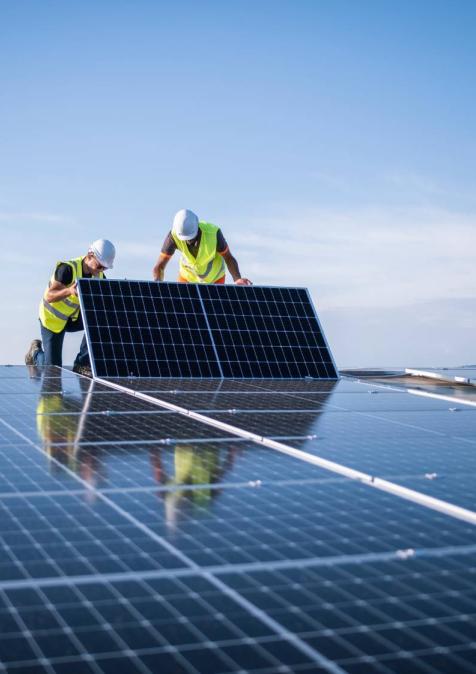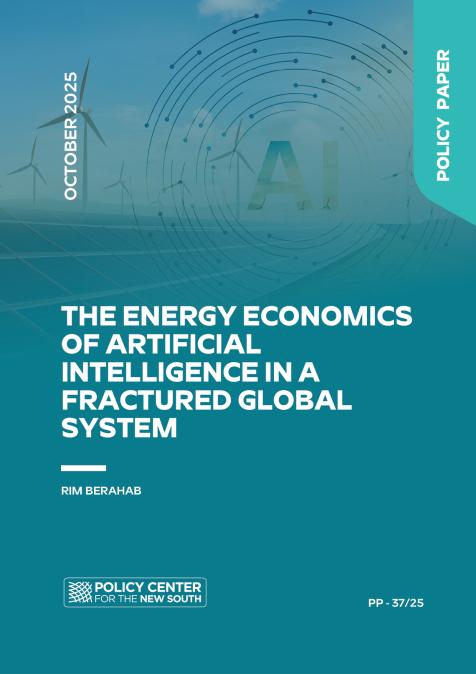COP27 in Sharm El Sheikh marked a significant milestone with the establishment of a historic Loss and Damage (L&D) fund, signaling progress in global climate justice. Collaboration between developed and developing economies played a pivotal role in this achievement. The conference also witnessed a growing consensus on the need to reform the global financial architecture, with several developed countries endorsing PM Mia Mottley's Bridgetown initiative. Looking forward to COP28, priorities include sustaining momentum for climate justice by fulfilling L&D fund commitments, increasing financing for global net-zero efforts, promoting justice in energy transition, and enhancing investments in climate resilience and adaptation. These initiatives aim to strengthen collaboration between developed and developing economies, addressing the pressing challenges posed by climate change.







